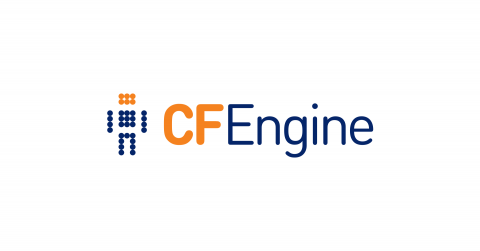Feature Friday #25: Unprivileged execution
Generally, cf-agent runs as a privileged user. But did you know that you can also run as an unprivileged user? A major benefit of running cf-agent unprivileged is the ability to prototype policies during development. However, attempting to execute cf-agent as an unprivileged user without proper configuration will result in errors.



